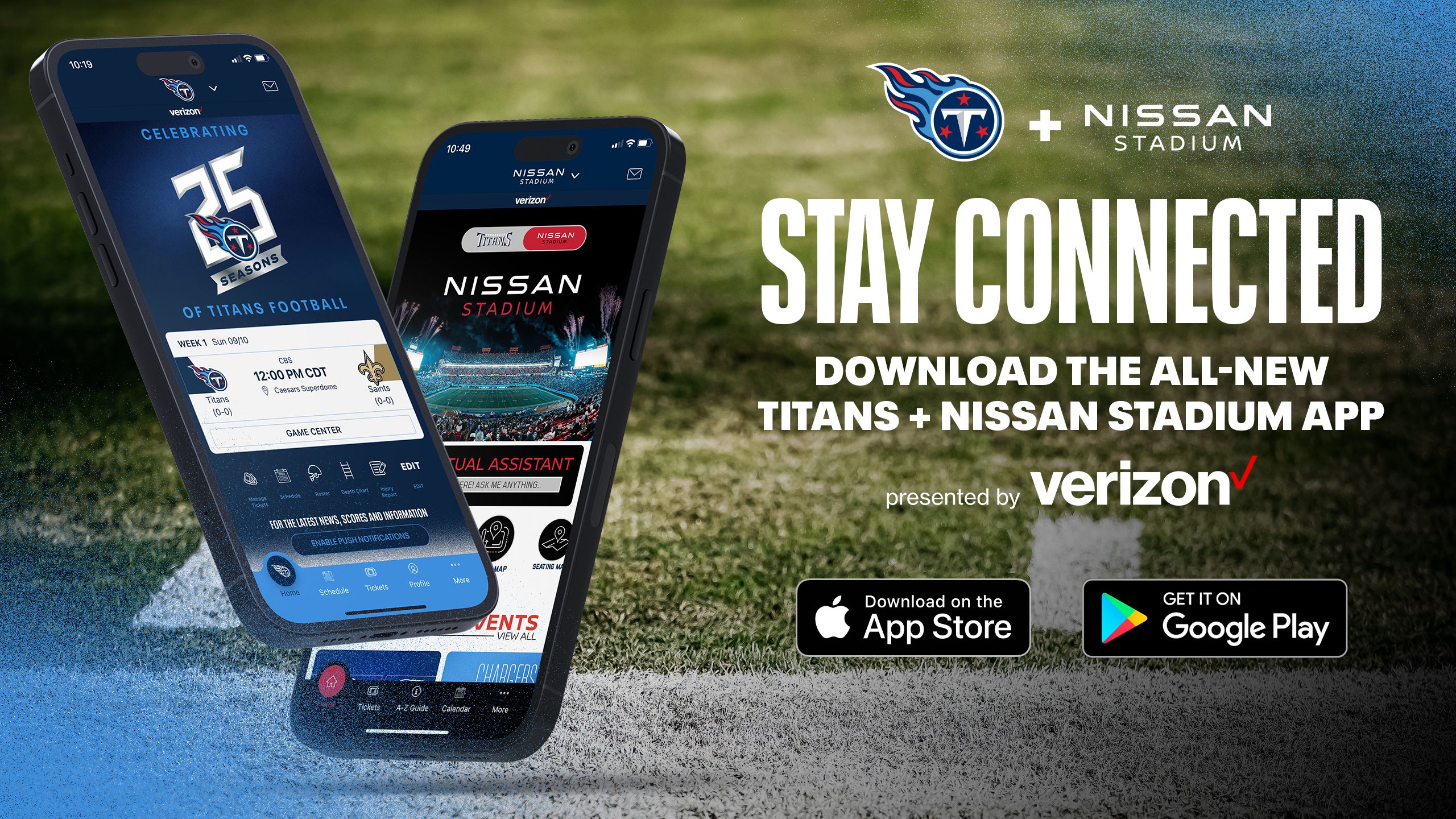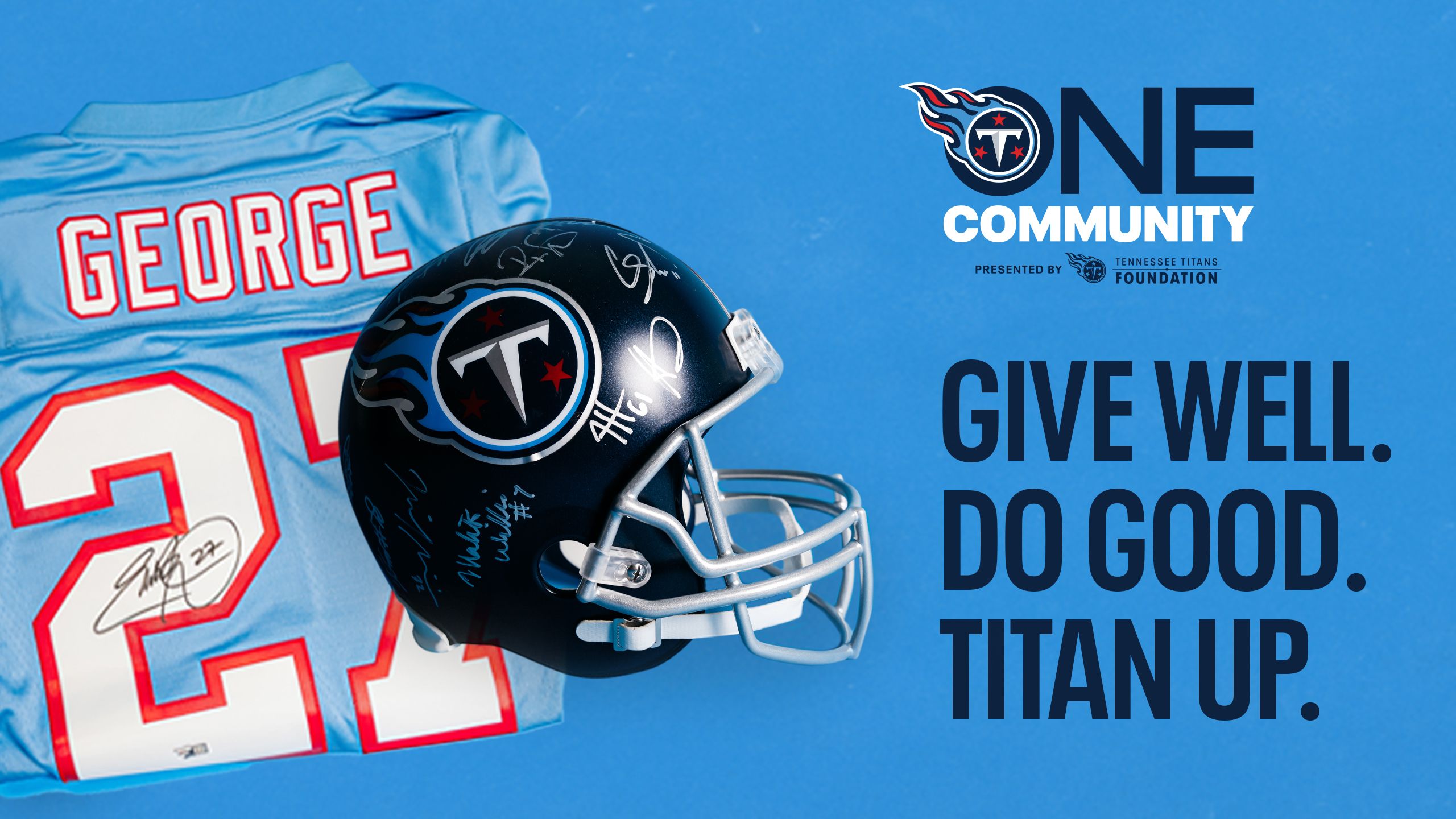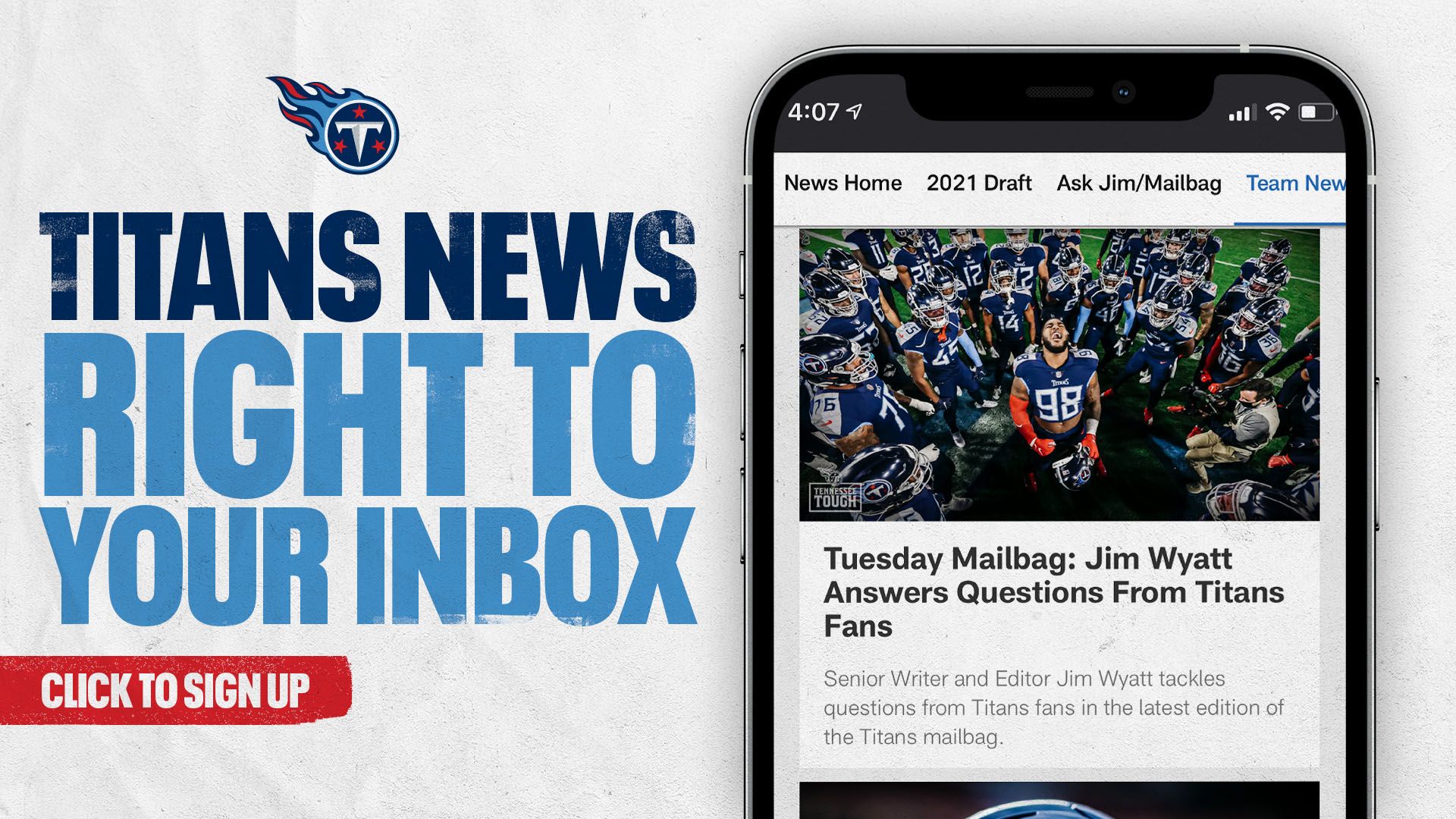Q. When does the 2022 free agency signing period begin?
A. At 4:00 p.m. ET on Wednesday, March 16.
Q. When is the two-day negotiating period for potential unrestricted free agents?
A. From 12:00 p.m. ET on Monday, March 14 until 3:59:59 p.m. ET on Wednesday, March 16, clubs are permitted to contact and enter into contract negotiations with the certified agents of players who will become unrestricted free agents upon expiration of their 2021 player contracts at 4:00 p.m. ET on March 16.
Q. What are the categories of free agency?
A. Players are either "restricted free agents" or "unrestricted free agents." A restricted free agent may be subject to a "qualifying offer." A restricted or unrestricted free agent may be designated by his prior club as its franchise player or transition player.
Q. What is the time period for free agency signings this year?
A. For restricted free agents, from March 16 to April 22. For unrestricted free agents who have received a tender from their prior club by the Monday immediately following the final day of the NFL Draft for the 2022 League Year (i.e., May 2), from March 16 to July 22 (or the first scheduled day of the first NFL training camp, whichever is later). For franchise players, from March 16 until the Tuesday following Week 10 of the regular season, November 15. For transition players, from March 16 until July 22. After July 22 and until 4 p.m. ET on the Tuesday following Week 10 of the regular season, November 15, the prior club has exclusive negotiating rights to unrestricted free agents and transition players. If the above-listed players do not sign by November 15, they must sit out the season.

2022 Free Agency Tracker
Your official source for all Titans signings throughout the 2022 NFL Free Agency period.
Q. What is the difference between a restricted free agent and an unrestricted free agent?
A. In the 2022 league year, players with three accrued seasons who have received a qualifying offer become restricted free agents when their contracts expire at the conclusion of the 2021 league year on March 16. Unrestricted free agents have completed four or more accrued seasons. Upon expiration of his 2021 contract, an unrestricted free agent is free to sign with any club with no draft-choice compensation owed to his old club.
Q. What constitutes an "accrued season"?
A. Six or more regular season games on a club's active/inactive, reserve/injured, reserve/COVID-19 or reserve/physically unable to perform lists.
Q. How do the free agency rules apply to restricted free agents?
A. If a player with three accrued seasons has received a "qualifying offer" (a salary tender predetermined by the Collective Bargaining Agreement between the league and its players) from his old club, he can negotiate with any club through April 22. If the restricted free agent signs an offer sheet with a new club, his old club can match the offer and retain him because the qualifying offer entitles it to a "right of first refusal" on any offer sheet the player signs. If the old club does not match the offer, it may receive draft-choice compensation depending on the amount of its qualifying offer. If an offer sheet is not executed on or before April 22, the player's negotiating rights revert exclusively to his old club. In addition, prior to the start of free agency a player who would otherwise be a restricted free agent may be designated by his old club as its franchise player or transition player.
Q. What determines an unrestricted free agent?
A. A player with four or more accrued seasons whose contract has expired. He is free to sign with any club, with no draft-choice compensation owed to his old club, through July 22 (or the first scheduled day of the first NFL training camp, whichever is later). At that point, his negotiating rights revert exclusively to his old club if by May 2 the old club tendered the player a one-year contract for 110 percent of his prior year's salary. His old club then has until the Tuesday following Week 10 of the regular season (November 15) to sign him. If he does not sign by that date, he must sit out the season. If no tender is offered by May 2, the player can be signed by any club at any time throughout the season.
Q. What determines a franchise player?
A. The salary offer by a player's club determines what type of franchise player he is: exclusive or non-exclusive.
An "exclusive" franchise player – not free to sign with another club – is offered the greater of (i) the average of the top five salaries at the player's position for the current year as of the end of the restricted free agent signing period on April 22; or (ii) the amount of the required tender for a non-exclusive franchise player, as explained below.
Article 10, Section 2(a)(i) of the CBA sets forth the methodology, known as the "Cap Percentage Average," for calculating the required tender for a non-exclusive franchise player:
The Nonexclusive Franchise Tender shall be a one year NFL Player Contract for (A) the average of the five largest Prior Year Salaries for players at the position ... at which the Franchise Player participated in the most plays during the prior League Year, which average shall be calculated by: (1) summing the amounts of the Franchise Tags for players at that position for the five preceding League Years; (2) dividing the resulting amount by the sum of the Salary Caps for the five preceding League Years ... ; and (3) multiplying the resulting percentage by the Salary Cap for the upcoming League Year . . . (the "Cap Percentage Average") ... ; or (B) 120% of his Prior Year Salary, whichever is greater ...
If a club extends a required tender to a "non-exclusive" franchise player pursuant to this section, the player shall be permitted to negotiate a player contract with any club, except that draft-choice compensation of two first-round draft selections shall be made in the event he signs with a new club.
Q. How many franchise players and transition players can a team designate each season?
A. A club can designate one franchise player or one transition player among its potential restricted or unrestricted free agents.
Q. Can a club decide to withdraw its franchise or transition designation on a player?
A. Yes. A club can withdraw its franchise or transition designation, and the player then automatically becomes an unrestricted free agent, either immediately if the tender is withdrawn after the start of the 2022 league year, or when his 2021 contract expires if the tender is withdrawn before the start of the 2022 league year.
Q. Have the Titans used the franchise or transition designations recently?
A. The last Titans player to receive the franchise designation was running back Derrick Henry in 2020. After receiving the franchise tag, Henry and the Titans reached a long-term contract agreement. Prior to Henry, the Titans used the franchise designation in 2012 on safety Michael Griffin, in 2009 on tight end Bo Scaife, and in 2008 on defensive tackle Albert Haynesworth. Before Haynesworth, the Titans had not applied the franchise tag to a player since Blaine Bishop in 1997. The transition designation has not been used by the Titans since they applied it to punter Craig Hentrich in 2003. The tag was removed after one week, and he was signed to a long-term contract.
Q. When must teams be in compliance with the salary cap?
A. At the start of the 2022 league year, which begins at 4:00 p.m. ET on Wednesday, March 16.
Q. If a team is under the salary cap at the end of a given season, can the team "carry over" room to the next season?
A. Yes. A team may carry over room from one league year to the following league year by submitting notice to the NFL prior to 4:00 p.m. ET on the day following the team's final regular-season game, indicating the amount of room that the club wishes to carry over.
Q. What is the maximum amount of room that a club can carry over?
A. A club can carry over 100 percent of its remaining 2021 room to its adjusted salary cap for 2022.


















